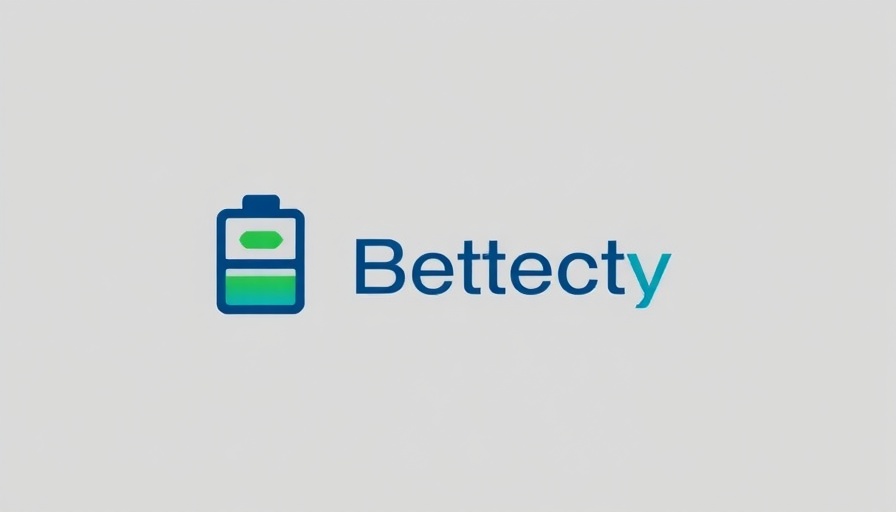
The Future of Sustainable Battery Technology: Insights from SAFELOOP
As the demand for electric vehicles (EVs) skyrockets, the need for sustainable battery technology has never been more pressing. The SAFELOOP project, involving the HHL Leipzig Graduate School of Management and academic partners from across Europe, is at the forefront of this effort, aiming to develop next-generation lithium-ion batteries that are not only powerful but also safe and sustainable.
Raising Standards in Battery Performance and Safety
According to the SAFELOOP project, one of its key objectives is to enhance the safety, sustainability, and performance of lithium-ion batteries by significantly improving their cycle stability and lifespan. By 2030, the project aims for a 15% increase in cycle stability and a doubling of operating life compared to 2019 figures. This addresses a critical aspect of battery technology: the reliance on recycled materials, which aims to create a closed supply chain that minimizes environmental impact.
Empowering European Innovation Through Collaboration
With over 15 partners from eleven countries, SAFELOOP is a testament to international cooperation in tackling global challenges. Universities like Imperial College London and institutions from Finland, Poland, Ukraine, France, Turkey, and the United States are collaboratively conducting research to streamline Europe’s battery industry towards sustainability. This joint venture positions Europe as a potential leader in battery technology innovation, enhancing economic growth through the integration of technology and business model innovation.
Recycling as a Cornerstone of Sustainability
In light of the growing demand for sustainability in battery production, a focus on recycling practices has become essential. The EU-funded HYDRA project, which aims for similar advancements in high-performing batteries, highlights the importance of utilizing sustainable materials. Traditional lithium-ion batteries often depend on critical, scarce metals like cobalt, posing significant environmental and ethical challenges related to their extraction and use. By advancing the recycling processes and integrating innovative materials, both SAFELOOP and HYDRA seek to mitigate these issues.
Electrodialysis: A Game-Changer in Battery Recycling
A complementary breakthrough in the field is the introduction of electrodialysis in battery recycling processes. This technique, which selectively separates ions through membranes using an electric field, promises to enhance the recovery and purification of valuable metals from spent batteries. Its low energy consumption and reduced chemical waste footprint make it an ideal method for integrating into the circular economy surrounding battery production.
Regulatory Backing Driving Sustainability
The European Union’s new battery regulation (EU2023/1542) exemplifies the commitment to a sustainable battery lifecycle. With clear recycling targets set to achieve by 2031 for both portable batteries and EVs, this regulation lays a foundation for the industry's growth. The emphasis on utilizing recycled materials will not only lower production costs but also reduce the ecological impact of lithium-ion batteries.
Building a Sustainable Future
The collaboration among diverse partners in projects like SAFELOOP and HYDRA underscores the importance of technological advancements in achieving a sustainable energy future. As stakeholders—including businesses and homeowners committed to solar and green energy—continue to embrace these innovations, the transition to eco-friendly battery technology becomes increasingly plausible.
For homeowners and businesses eager to invest in sustainable solar and green energy solutions, understanding the advancements in battery technology and recycling processes is essential. Better batteries will facilitate greater energy storage capabilities, enabling a smoother transition towards renewable energy sources. This not only contributes to personal and economic sustainability but also protects our planet for future generations.
 Add Row
Add Row  Add
Add 




Write A Comment